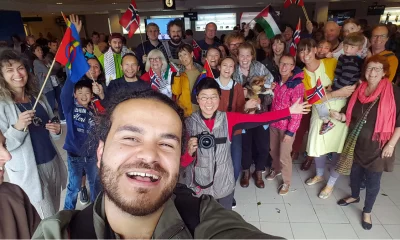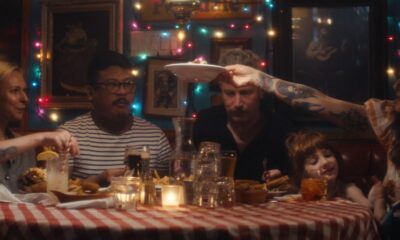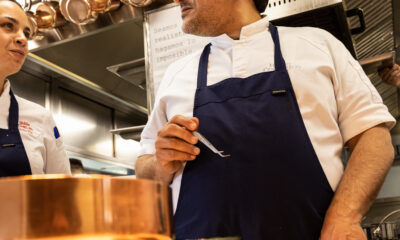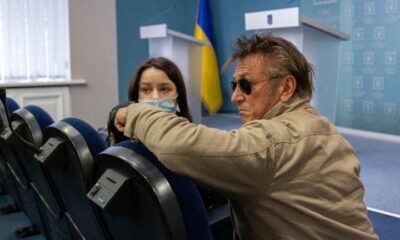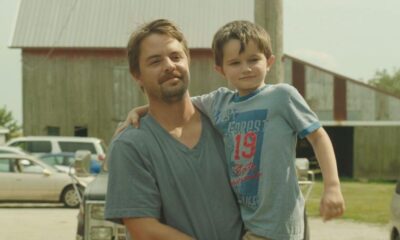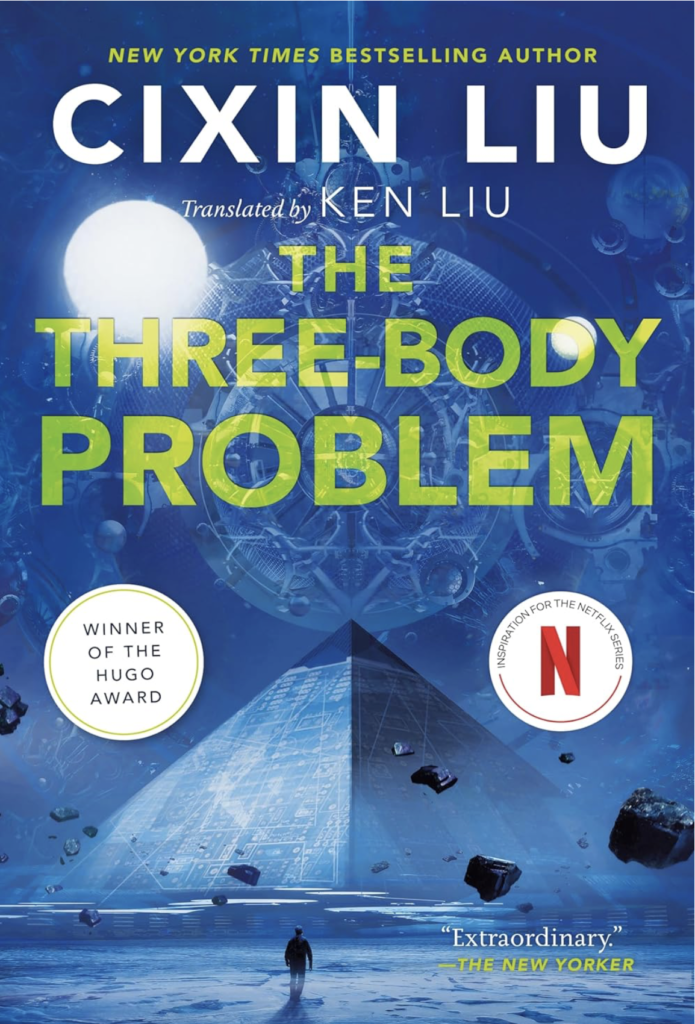DOCUMENTARIES
COMFORT FARMS IS WAR’S SAVING GRACE
Army Ranger Jon Jackson sets up farm to help veterans with PTSD.
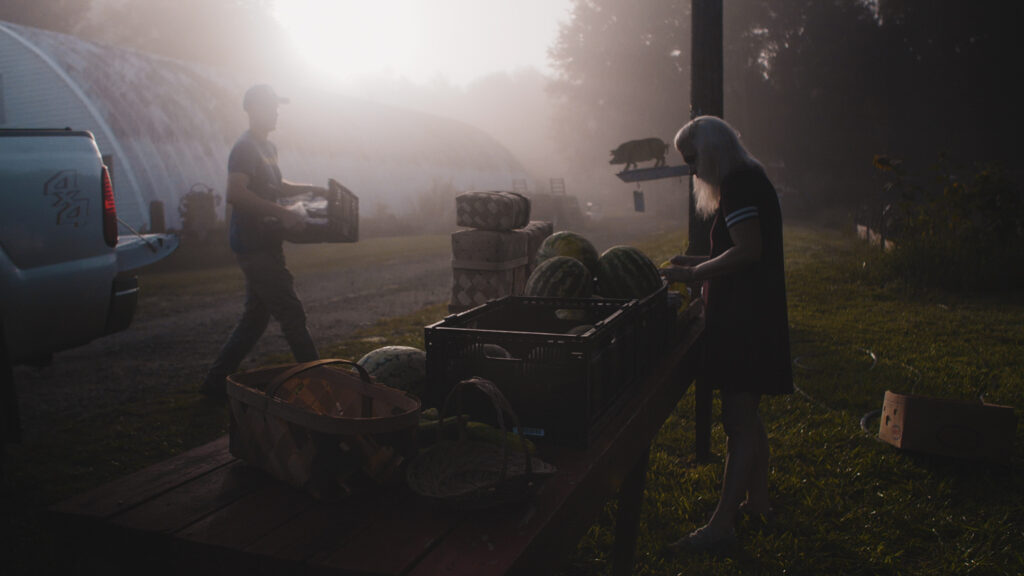

Comfort Farms will be available on December 8th by Gravitas Ventures on all major VOD platforms
There has been much propaganda when it comes to war especially as of late now that we are living in a technological and digital chapter. War is seen to be patriotic and is the act that seeks freedom and peace but there is many downsides. Aside from death which is the most fatal negative aspect of war, the aftermath for those who come out of it alive is a very difficult process and transition. Army Ranger Jon Jackson has set up Comfort Farms in Milledgeville, Georgia to help veterans transition back to a normal life. Much takes place here on the farm where these unlikely veterans are teamed up with animal-loving butchers and chefs to form a positive community. Not only do they conduct an ethical way of eating they inspire all the veterans who are having trouble with PTSD and thoughts of suicide.
There is much dedication that is put into Comfort Farms that no individual seeks to find an end to its means or means to its end. Comfort Farms is one of those grassroots programs that no government would pay much mind to because there is nothing in it for them. There is a lot in it for founder Jon Jackson who has been spiritually enlightened for all those who are participating in this farm especially those who have shared his experience with war. FERNTV spoke to director Carlisle Kellam about the true health and wellness behind Comfort Farms and why it takes a lot more than anyone would think to help veterans with PTSD.
FERNTV: There is much inspiration when it comes to Jon Jackson and Comfort Farms to document this into the film. What was the turning point when it came to actually give this film the “GO”?
Carlisle: I was asked to take some photos for a culinary publication at Comfort Farms. At that point, all I knew about it was that it was a therapy farm founded to help veterans suffering from PTSD. The first light bulb went on for me while listening to Jon, the founder of the farm, offer his perspective on PTSD. His perspective was that PTSD, although a real problem – and definitely not to be marginalized – has, for a lot of people, become a generic term to refer to anything afflicting a veteran. And it’s not uncommon for a veteran to be diagnosed with PTSD when that’s not necessarily what’s going on with them, simply because, although PTSD is a real thing it’s not the ONLY thing. In fact, a lack of purpose, missing the camaraderie, going from a black and white world with a clear mission to a world of grey were the types of things I heard mentioned most while making the film. The phrase I remember most was that “most veterans don’t want to be coddled, pitied, or worshiped, they just want a chance to serve again.” I knew almost right away I wanted to make a short film about the farm, simply because the work being done there is so important and unique, but I didn’t quite see a full feature.
After talking to Jon and some of the other folks at the farm, I learned a lot. I was disabused of a kind of cliched understanding of the veteran experience. Something I hadn’t given a ton of thought to all of the sudden became profoundly interesting and started to make a lot of sense. And after exploring a little bit I realized soon after that that being at Comfort Farms, the place, although it deals specifically with veterans or veterans’ issues, brings up several interesting questions about the human condition as a whole. For example, I started to piece together the idea that being in the military, or war, in and of themselves, do not necessarily create a specific set of issues, but more than the nature of these environments can quickly magnify issues that all walks of life are capable of experiencing. Through war and military life one can learn a lot about the nature of mankind. And I think that’s one of the most important things when it comes to understanding this film. When I sat down to contemplate the place, and the people I met there, the overall takeaway for me was a better understanding of human nature. When all of these things came together is when I knew I wanted to make a full feature.
FERNTV: PTSD is a difficult experience for veterans. Before actually making this film, can you explain how you prepared for the stories these veterans wanted to share with you in regards to PTSD?
Carlisle: Honestly I didn’t know what to expect or how to prepare. A lot of that was because, as a director, I was used to dealing mostly with actors. Until then I’d had limited experience sticking a camera in someone’s face and asking them about their true-life experiences. The thing I was most afraid of was getting wrapped up in the filmmaking process and forgetting I was dealing with real stories and the people that really experienced them. Going into the interviews I’d only met the founder, Jon. But he instantly comes across as genuine and someone who says what he means. I told him I’d like to do some interviews but I wasn’t really sure how to handle doing them respectfully. He told me there was nothing to worry about and personally recruited the guys to do them.
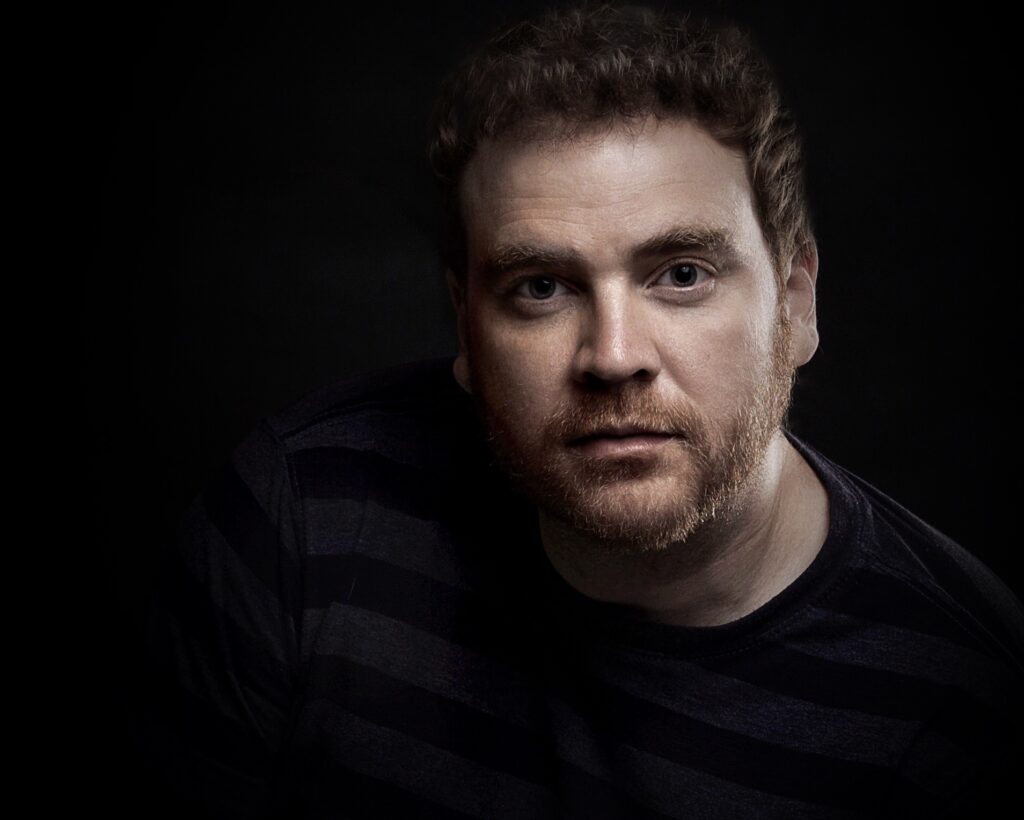

Director Carlisle Kellam
FERNTV: When you interviewed your subjects, the shots were close-up to their faces. Can you explain why you did it this way?
Carlisle: My first instinct was to shoot them that way but I contemplated shooting them that way for some time before finally settling on it. I knew it was a little risky. But as the place is unique, I decided to design and compose the film that way. I decided to employ certain stylistic choices to help try and capture the essence of what I was picking up on. As a professional photographer and director of photography, I’ve shot more portraits and interviews than the average person. Almost all of them have used longer lenses to avoid distorting the face. Medium close or close-ups were typically used for b-roll. I’d consider that to be the standard. And being standard it feels comfortable. With this film, I chose a wider than typical focal length to try and capture a certain intimacy and also a certain intensity. It’s kind of in your face and personal. And that’s purposeful because the stories and the place are kind of in your face and personal. The place, Comfort Farms, is meant to take people out of their comfort zone. I wanted to add an element of this without stylizing so much as to end up taking people totally out of the film.
FERNTV: This film also shows the ethical practices of raising animals for consumption which is actually a lot better as opposed to the ways that corporate farms do it today. Can you comment on that?
Carlisle: For those who haven’t watched it yet, the film is made up of several narratives that intertwine to form the film. One of those narratives deals with humanely harvesting animals and the effort put into raising those animals with love and care. Also respecting what the animals give to the community in the form of sustenance. They really put a lot of effort into this. Second, helping their fellow veterans and community it’s what they’re truly passionate about and is central to what they do. So accordingly, it’s also a big part of the film. It would be much easier for them to do it a different way. But they choose not to. Someone would be hard-pressed not to respect that.
FERNTV: Much would say that this film cannot relate to them because they never went to war but wouldn’t a film like this relate to many especially during the pandemic that we are facing where we are experiencing much loss and camaraderie disappear?
Carlisle: I think it absolutely relates to people of all walks of life. And I say that for several reasons. But to address the question directly, first, many veterans struggle who have never been to war. What I’ve gathered is that the transition process is hard for many veterans not necessarily because of an event that they experienced while in the military but the process of adapting to the new world once they are out of the military. The military world, according to Jon and some of the others I interviewed, is a world of black and white with a very little gray. You have a mission or an objective, your goal is to accomplish that mission. That goal provides a sense of purpose. You form close relationships with others who are working toward the same goal. When you throw the element of danger in there it starts to get even more interesting and unique.
Finding purpose in the “regular” world of gray is difficult for a lot of these guys who are used to living in the black and white. Now, concerning those who do go to war, these things only intensify on top of the added element of a possible trauma directly related to a combat experience. For some reason, I (before making this film) was one of the many people who seem to view veterans’ struggles as specific to combat veterans. As if there is some war- or military-specific disease. But what veterans experience and struggle with is what anyone is capable of struggling with if given a certain catalyst. I think during the pandemic, isolation, losing loved ones, transitioning from a routine to something unfamiliar are the kinds of things that can be that catalyst albeit maybe on a less severe level. And another way people can relate during a pandemic is that the farm is very much focused on the basics of living – I think during times like these we become more attentive to things like sustainability, self-sufficiency, relationships and supporting the community, working with our hands and getting back to the earth.
FERNTV: After doing this film, what are your primary thoughts in regards to Jon Jackson?
Carlisle: He’s courageous and devoted. He’s an inspiration to so many people.
FERNTV: This film is all about finding getting out of your comfort zone and finding discomfort? Did you as well experience this when it came to your filmmaking career?
Carlisle: I did, yes. In so many ways. I approached this, and put it together, differently than anything I’ve done before. I typically do a lot of plotting and planning. With this one, I kind of went searching in the dark until I found what was there. I could see a straight path – by way of a kind of traditional approach, more like an information piece about the farm or scientific analysis of why people struggle – but I really didn’t want to do it that way. I really wanted to try and capture the essence of this slice of American culture and through analogy show how it has a lot to say about our nature as human beings.
Available on December 8th by Gravitas Ventures on all major VOD platforms
-

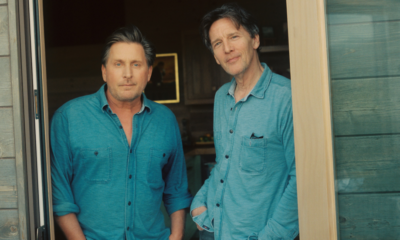

 ACTORS/ACTRESSES12 months ago
ACTORS/ACTRESSES12 months agoBRATS @Tribeca Film Festival 2024
-

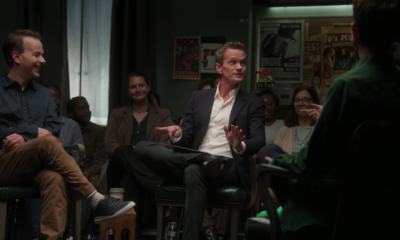

 FEATURES12 months ago
FEATURES12 months agoGroup Therapy @Tribeca Film Festival 2024
-



 ACTORS/ACTRESSES11 months ago
ACTORS/ACTRESSES11 months agoFuriosa Gets a Stunning 7-Minute Standing Ovation @Cannes 2024
-

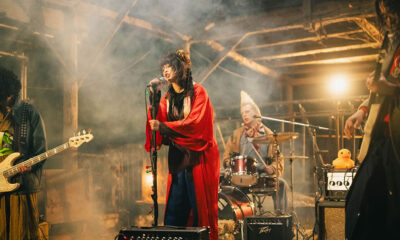

 FEATURES7 months ago
FEATURES7 months agoThe Gesuidouz Rocks Up @TIFF 2024
-

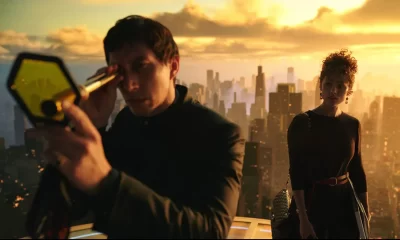

 ACTORS/ACTRESSES11 months ago
ACTORS/ACTRESSES11 months agoMegalopolis Receives Massive 10-minute Standing Ovation @Cannes 2024
-

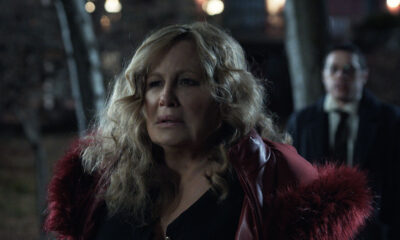

 FEATURES8 months ago
FEATURES8 months agoRiff Raff Set to Ruffle Feathers @TIFF 2024
-

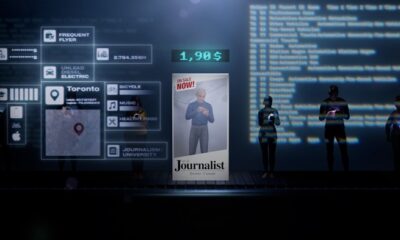

 DOCUMENTARIES11 months ago
DOCUMENTARIES11 months agoClick Trap Reveals Truth @Hot Docs 2024
-



 ACTORS/ACTRESSES11 months ago
ACTORS/ACTRESSES11 months agoKinds of Kindness Receives A Mere 4.5 Minute Standing Ovation @Cannes


